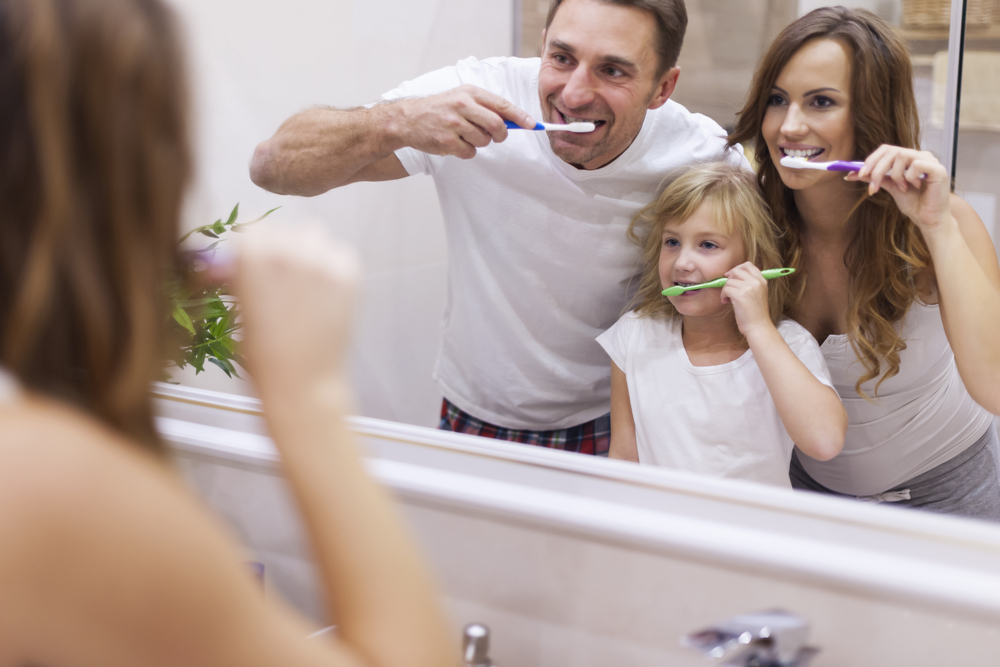
Maintaining good dental hygiene is key to having a healthy smile. Here are some tips to help you keep your pearly whites shining:
Brushing
Brush your teeth at least twice a day, and use a toothpaste that contains fluoride. Be sure to brush all surfaces of your teeth, using circular, back-and-forth, and up-and-down motions. Don’t forget to brush your tongue.
Floss your teeth at least once a day to remove plaque and food particles from between your teeth and below your gum line. Use a gentle sawing motion when flossing.
Be sure to see your dentist regularly for professional cleanings and checkups. Your dentist can help you avoid serious dental problems, such as tooth decay and gum disease.
If you have any questions or concerns about your oral health, be sure to talk to your dentist or another qualified healthcare professional.
Flossing
Floss at least once a day to remove plaque and food particles from between your teeth. Use a gentle sawing motion when you floss to avoid damaging your gums. Don’t forget to floss behind your last tooth. Rinse your mouth with water after you finish flossing.
Use a toothbrush with soft bristles and fluoride toothpaste to brush your teeth at least twice a day. Use circular, back-and-forth, and up-and-down motions when you brush. Be sure to brush on the inside surfaces of your teeth and to use a light touch. Avoid brushing too hard, which can damage your gums. Rinse your mouth with water after you finish brushing.
You may also want to consider using an electric toothbrush, which can be more effective than a manual toothbrush in removing plaque and bacteria from your teeth. If you use an electric toothbrush, be sure to follow the manufacturer’s instructions on how to use the toothbrush properly.
In addition to daily brushing and flossing, you should also have your teeth cleaned by a dentist or dental hygienist at least once every six months. Professional cleanings can remove plaque and tartar that brushing and flossing alone cannot remove.
If you have any concerns about your oral health, be sure to talk to your dentist or dental hygienist. They can help you determine the best way to care for your teeth and gums.
Rinsing
Rinse your mouth with water after brushing and flossing to remove any remaining debris. You can also use mouthwash to help keep your mouth clean and healthy. Just be sure not to swallow it! Spit it out after swishing it around in your mouth.
In addition to brushing and flossing, there are some other things you can do to keep your mouth healthy. Avoid smoking and using tobacco products, as they can increase your risk for oral health problems. Eat a healthy diet and limit sugary snacks and drinks, as they can contribute to tooth decay. And be sure to see your dentist regularly for professional cleanings and checkups. By following these simple tips, you can help keep your mouth healthy and avoid many common oral health problems.
Eating healthy foods
Eating a balanced diet helps keep your teeth and gums healthy. Be sure to include plenty of fruits, vegetables, and whole grains in your diet. Avoid sugary snacks and drinks, as well as tobacco products.
Good oral hygiene habits are also important for keeping your mouth healthy. Be sure to brush and floss your teeth regularly, and see your dentist for regular checkups. If you have any concerns about your oral health, be sure to talk to your dentist.
Visiting the dentist regularly
See your dentist every six months for a professional cleaning and checkup. Your dentist can spot problems early and help you keep your smile looking its best. You should also see your dentist if you have a toothache, any swelling or redness in your gums, or other oral health concerns.
Brush your teeth twice a day with fluoride toothpaste. Floss daily to remove plaque from between your teeth and under your gum line. Plaque is a sticky film of food debris, bacteria, and saliva. If plaque isn’t removed, it can harden and turn into tartar (calculus). Tartar can only be removed by a dental professional.
Eat a balanced diet and limit sugary snacks. Sugary drinks are especially harmful because the sugar sticks to your teeth.
If you use tobacco products, ask your dentist about ways to quit. Tobacco use increases your risk of gum disease, tooth decay, and oral cancer.
Get sealants on your molars. Sealants are thin, protective coatings that are applied to the chewing surfaces of the back teeth (molars). They can protect your teeth from decay and save you money in the long run.
Use fluoride. Fluoride is a mineral that helps prevent tooth decay. It can be found in many foods and drinks, including water. You can also get it in dental products such as toothpaste and mouth rinses. Talk to your dentist about whether using fluoride is right for you.
Consider dental insurance. Dental insurance can help cover the cost of preventive care, dental cleanings, x-rays, and more. If you don’t have dental insurance, ask your dentist about payment plans.
Wearing a mouthguard
If you play sports, wear a mouthguard to protect your teeth from injury. You can buy mouthguards at most sporting goods stores.
If you have braces, wear a mouthguard to protect your teeth and gums from injury. You can buy mouthguards at most sporting goods stores.
If you grind your teeth at night, ask your dentist about getting a mouthguard to protect your teeth from damage. Mouthguards are also available without a prescription from some drugstores.
Quitting smoking
Smoking is bad for your overall health, including your oral health. If you smoke, quitting is the best thing you can do for your teeth and gums. Smoking increases your risk of gum disease, tooth loss, and oral cancer. If you already have gum disease, smoking makes it worse.
Smoking also stains your teeth and gives you bad breath. It dries out your mouth, which can lead to infections and tooth decay. Smoking is also a major risk factor for periodontitis, a serious gum infection that damages the tissue around your teeth and can even destroy your jawbone.
If you’re a smoker, quitting is the best thing you can do for your oral health. There are many resources available to help you quit smoking for good. Talk to your doctor about nicotine replacement therapy or other medications that can help you quit.
Practicing good oral hygiene habits
Good oral hygiene habits include brushing, flossing, rinsing, and visiting the dentist regularly. By following these tips, you can help keep your smile healthy and bright.
Brushing your teeth is one of the most important things you can do to maintain good oral hygiene. Be sure to brush your teeth at least twice a day, and use a toothbrush with soft bristles. In addition, floss your teeth daily to remove plaque and bacteria.
Rinsing your mouth with an antiseptic mouthwash can also help reduce bacteria in your mouth. And, be sure to visit your dentist regularly for professional cleanings and checkups. By following these simple tips, you can help keep your smile healthy and bright.
Conclusion:
Looking for a trusted dentist in Round Rock? Prairie Star Dental is here to serve you! We provide quality dental care at an affordable price. Whether you need a routine cleaning or more complex dental work, we are here to help.
Contact us today to schedule a consultation.

